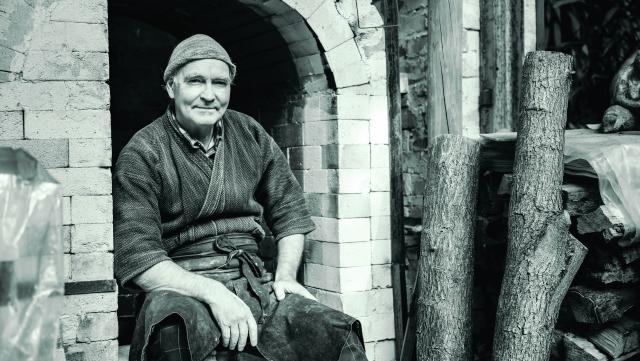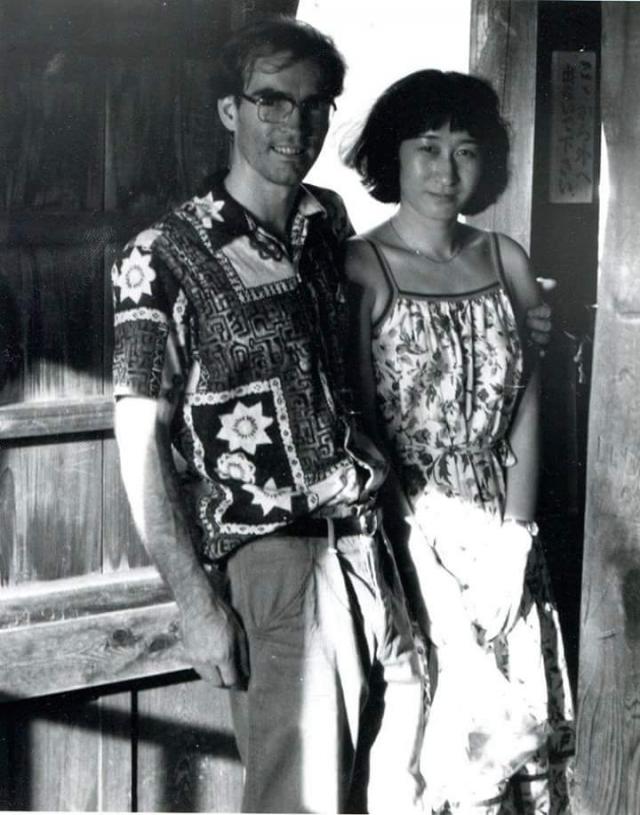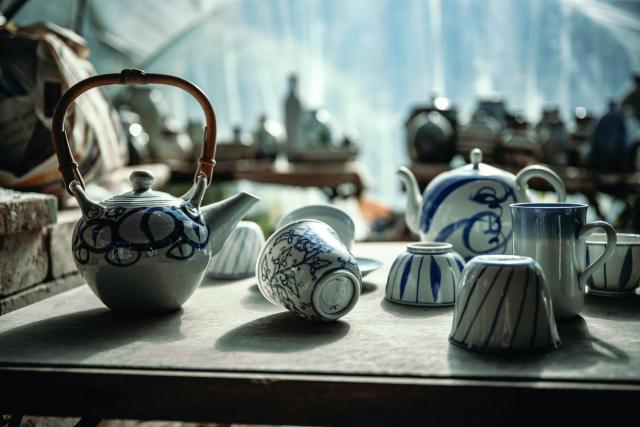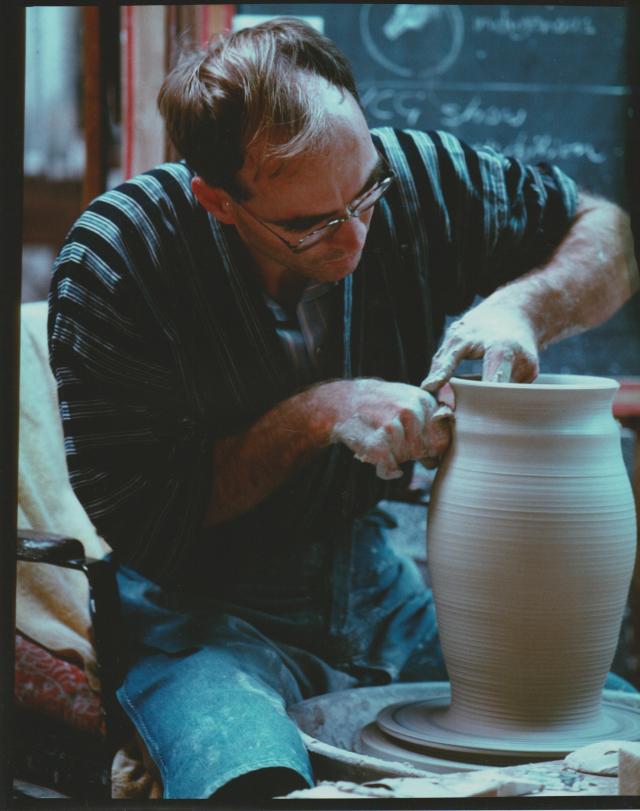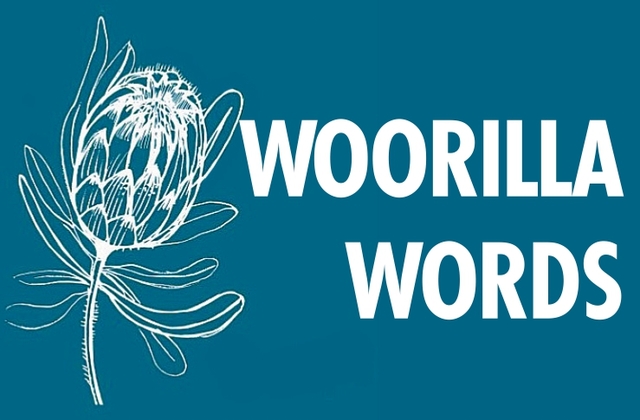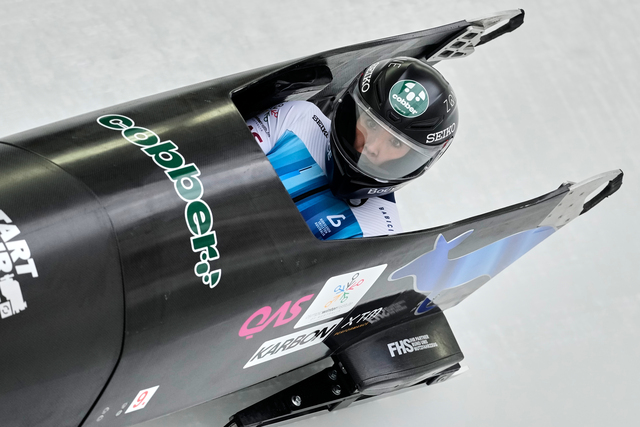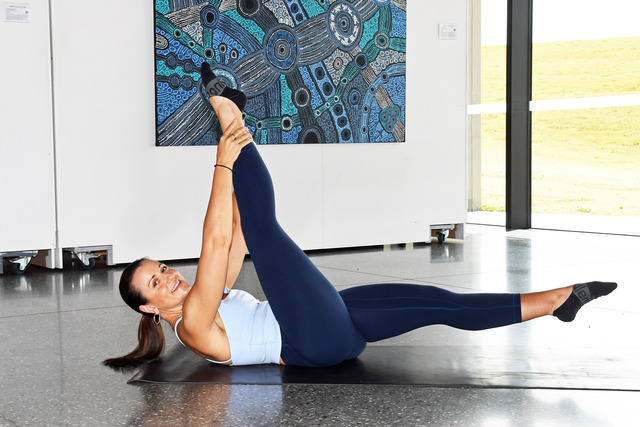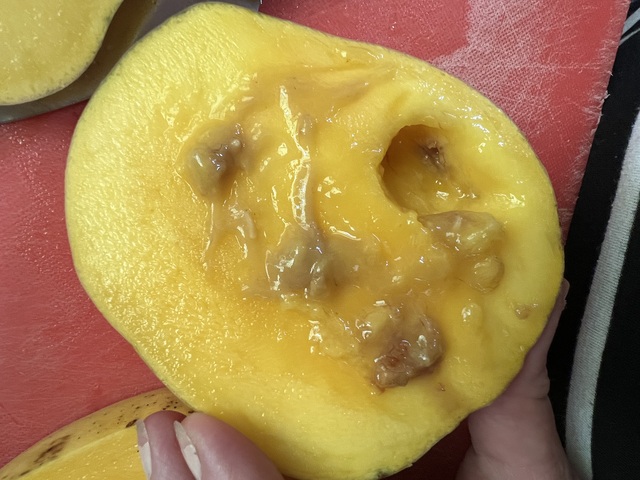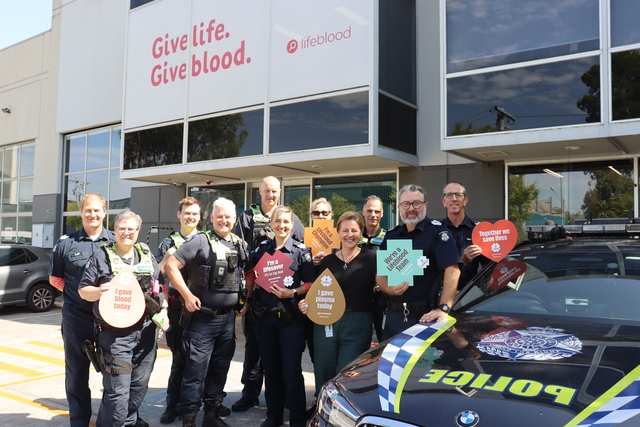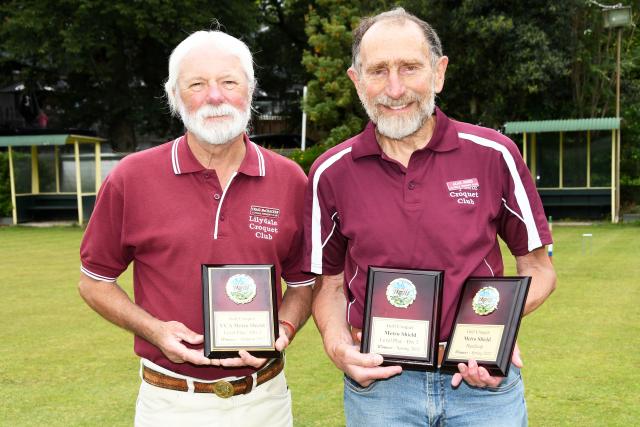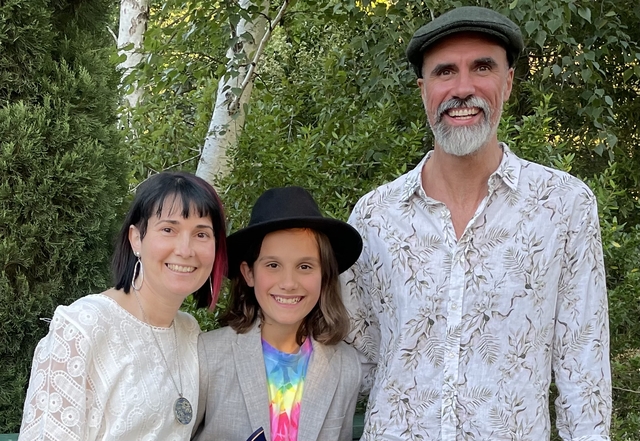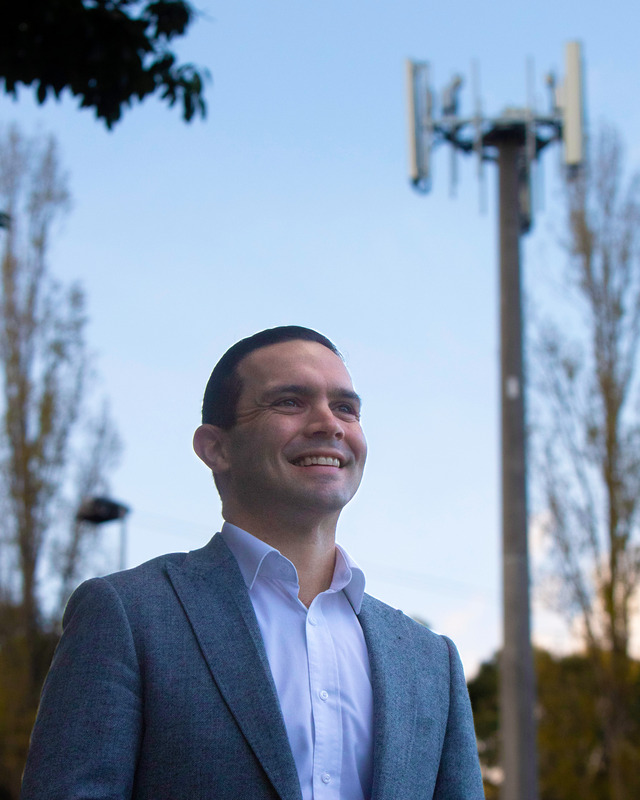Alistair Whyte – friend, mentor, teacher, father, husband, master potter.
Known and respected for his passion, willingness to pass on knowledge and kind-heartedness, Alistair died on 5 June after a long battle with a rare bone marrow cancer, myeloma fibrosis.
But his legacy and memory lives on in the many people he befriended and taught the art of pottery to and will continue to do through his posthumous book ‘Turning Inside Out: From Australian Potter to Master of Japanese Ceramics’.
“It’s something he always wanted to do and he had so much knowledge…he really wanted to share his knowledge and his background is in teaching. He was also a qualified arts and Japanese teacher so he really loved to teach,” Alistair’s daughter Emi Whyte said.
“There’s not many potters in Australia who had the level of expertise my dad did in Japanese and especially Kyoto style ceramics.”
Launching the beautifully crafted book on 16 September in Warburton, Alistair’s hometown, Emi said it brought together people who had been touched by her father’s warm heart, some she had never met before.
“We had the opening to celebrate dad’s life and also have space for a lot of his friends to come together,” she said.
“To also have an open conversation about the memories and how he worked with people in the local community for such a long time because I think it would have been over 40 years in Warburton.”
It took Alistair five years to put the book together right through the worst of his illness, telling the story of his early life and his philosophy in making pottery.
“He had palliative care at home in Warburton, so it was four months of palliative care and it was quite intense but he was able to review the last draft and I helped him to make lots of final edits.
“The day he passed away was actually the day the final copies arrived in Australia. So there’s a beauty to it and also a sadness because I guess some of us felt like he was holding on until it was finally finished.”
Learning the art of pottery first at Bendigo TAFE and then studying for three years at the esteemed Kyoto City University of Arts under the guidance of master potter Hirokuni Katsuno, it was here that Alistair learnt the art of observation, stillness, fluidity and calmness.
It was these skills he would later pass onto his students in Alli Duckworth and Karen Goldsmith, best friends who 20 years ago asked Alistair if he ever gave lessons.
“I also teach now, and when I am teaching students, it’s the skills he has taught me and that’s really nice to be able to pass it on,” Alli said.
“He was incredibly passionate about passing on the knowledge and passing on those skills because he knew he had a really special kind of knowledge base that not many people in Australia have.”
Alli said for her Alistair “changed my life”, showing her the Japanese style of ceramics but also “how we can have our own voice within our own pottery” as both “a teacher and a master but also a friend”.
It was those years of friendship Karen said she remembered most, of driving to Warburton from Croydon every Friday to find Alistair working away.
“My favourite time was just walking into the studio and he always had the radio on and lights were on,” she said.
“The kettle went on first and we just chatted about how the week was and just how things were going and then got stuck into work.”
Aside from being taught the practical skills of pottery and tool making, Alli and Karen said it was the lessons of never giving up and to always have a go that sticks with them most.
“To have a go, to not to be so frightened of failure,” Karen said.
“It was just that perseverance and he was so encouraging and he kept you going. It was really special. I don’t think I quite appreciated just how special that time was.”
But mostly it was the inspiration to sit in stillness as Alistair did to create something beautiful, something that appeared to come effortlessly to the master potter.
“He was just lovely to sit and watch. It was like a part of meditation, watching him work because it was so fluid. He made it look very easy but it wasn’t,” Karen said.
Always ready and prepared to offer a helping hand where possible, friend of 35 years Glenys Evens said it was just part of Alistair’s philosophy.
“He was helpful and instrumental in setting up my pottery. He had the ethic that he should help his students. He was helped by his teacher and in that Japanese tradition, you would always help your students,” Glenys said.
“If I ever had any difficulties I would go there or if it was a difficulty was my kiln, he always made himself, as soon as he could, available to come and help me.”
Extending his teaching beyond the local community, Alistair was passionate about enriching the lives of people in Vanuatu, helping build kilns and teaching pottery techniques.
Having first been introduced to Vanuatu as a child through his parents, Alistair was later invited back to reintroduce pottery into the community.
“When they found out my dad was a potter, they invited my dad to come up because over time, people in the community had lost the skills to make their own pots,” Emi said.
“There was a very old history of people making their own pots for cooking and for water and lots of different purposes in the villages, but there were no current potters in Southwest Bay.
“So they asked my dad if he could come and help teach them and also be able to learn to source their own materials from what was locally available.
“He spent many years going to Vanuatu every year trying to find different clay bodies that would potentially be suitable and they got a whole lot of bricks donated and they sent them on a ship to Vanuatu and my dad went to help build the kiln and they still use this kiln today.”
Remembering her dad for his kindness and moments of silliness, Emi said the little things stay with her.
“Always having 774 on the radio and you never knew where he was in the studio but you could kind of hear him talking and then he’d pop around the corner and always be wearing a funny woollen hat,” she said.
“He was always just very cheerful, very full of life, always happy to help, always very kind.”
But even though the man himself is no longer here, Alli said he will never be gone.
“What I have is due to him. He’s given me the skills that I’ve got and I hear him in my head when I’m at the wheel. It’s like ‘no, no, no, come on, you need to do this’.
“So he’s with me when I’m in the studio which is such a comfort to have him there because he’s been such a huge influence in my life over the last 20 years and he will always continue to be a big presence in my ceramic life and work so I really feel very privileged.”
Alistair leaves behind his beloved wife Miyako and his four daughters Emi, Tomoko, Yoko and Mariko.
An exhibition at Warburton Waterwheel has a selection of Alistair’s works on display as part of the Creative Connections exhibition, running from 3 to 31 October.
The book will also be available locally or via his website, www.alistairwhyte.com.au/books

